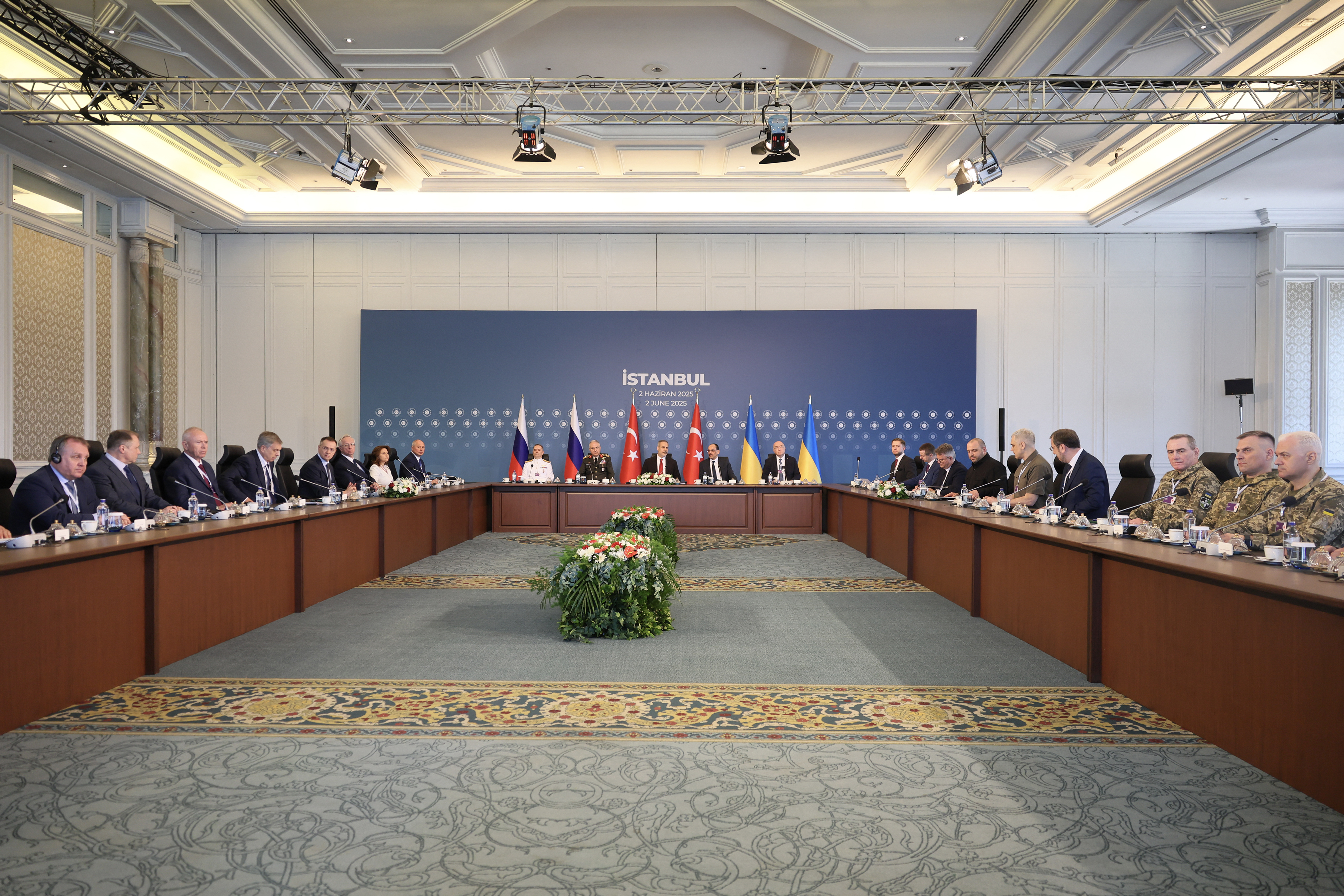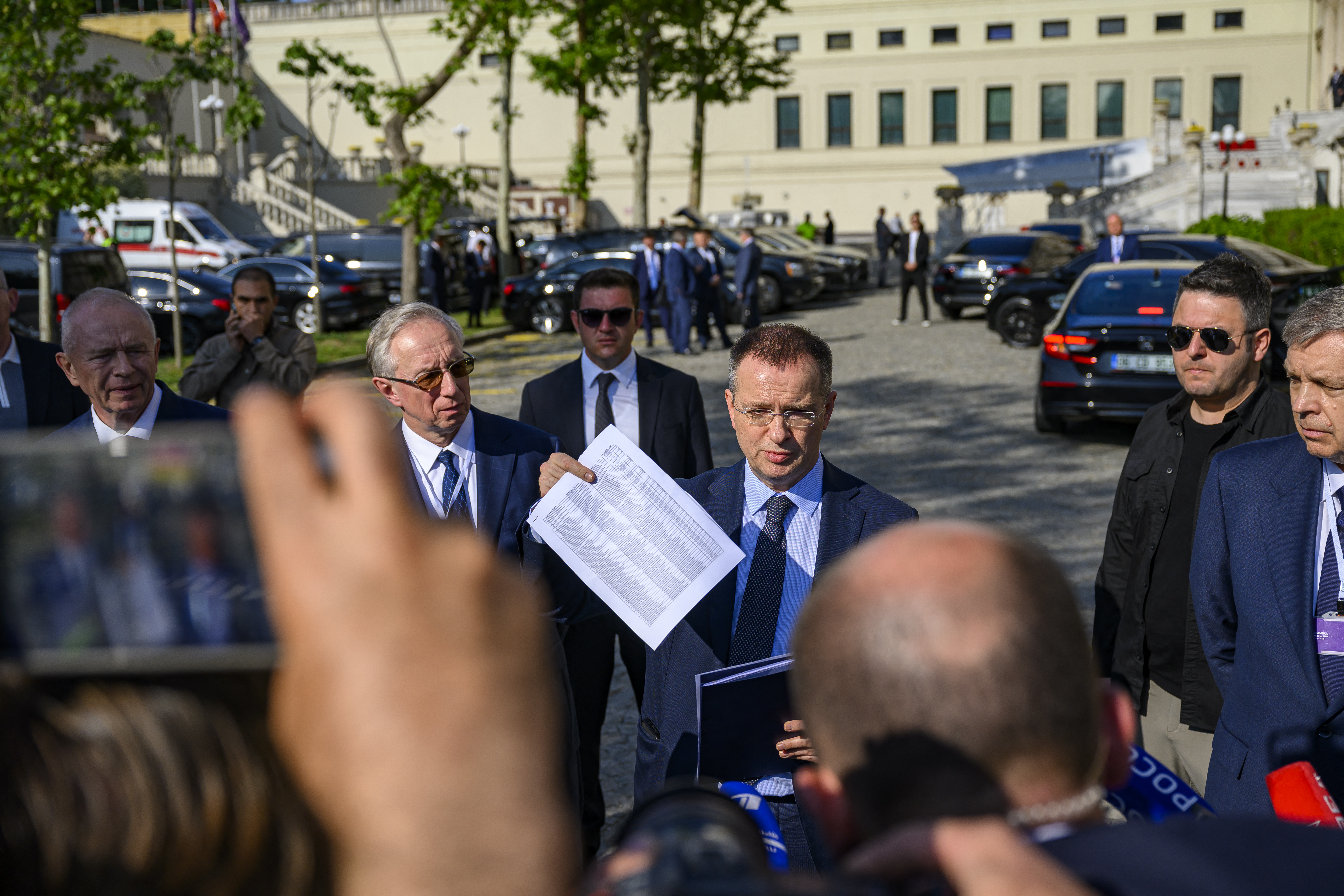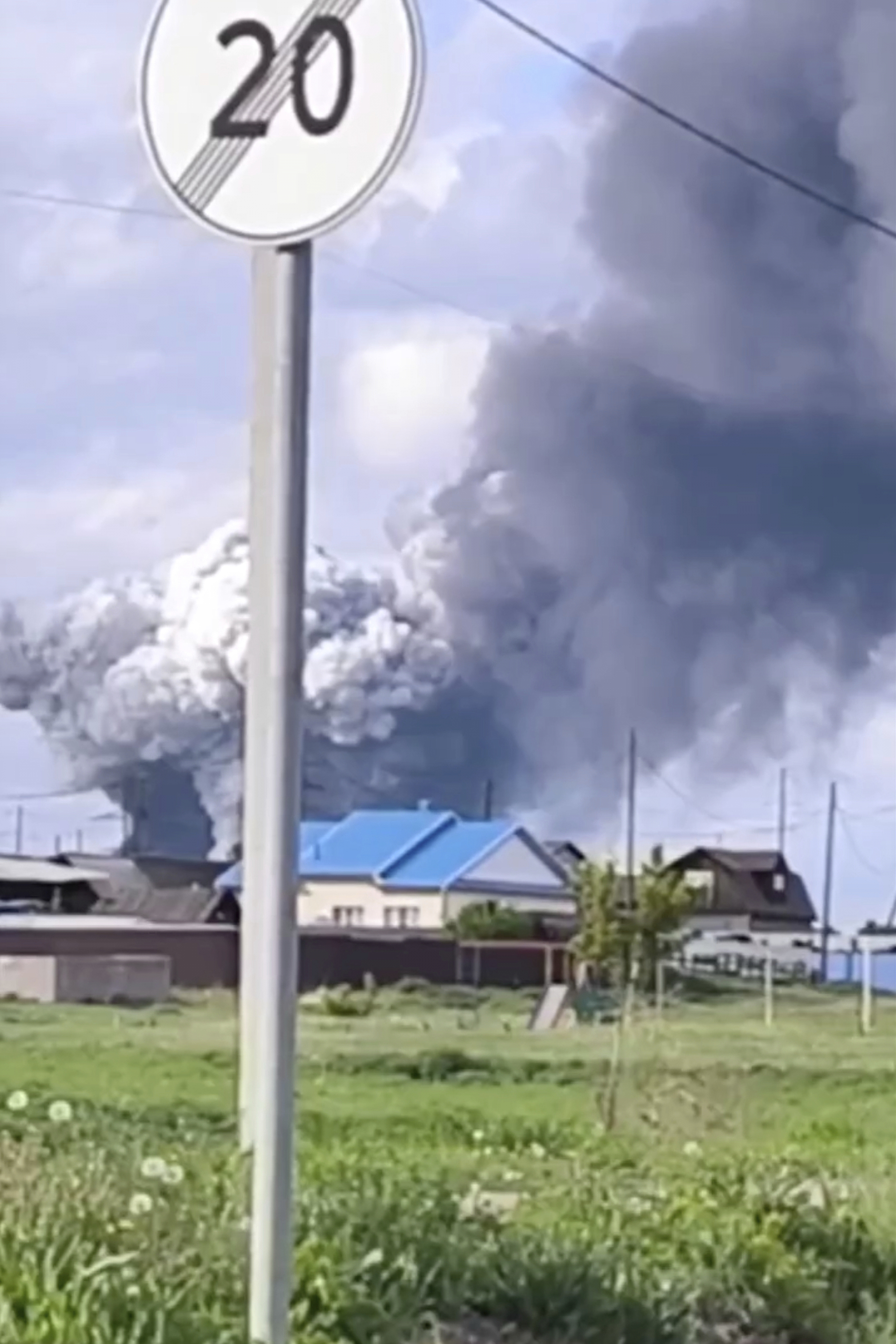
ISTANBUL / MOSCOW / BRUSSELS / KYIV - Ukrainian and Russian delegations made modest but concrete progress in renewed peace talks in Istanbul on Monday, raising cautious hopes for a potential easing of hostilities through expanded humanitarian measures, including the largest prisoner exchange since the onset of the conflict.
The roughly 90-minute session marked the second round of direct talks between the two sides in recent weeks. Turkish officials described the outcome as "cautiously optimistic."
"The talks did not end negatively," Turkish Foreign Ministry spokesperson Oncu Keceli said, characterizing the tone as constructive despite persistent divisions over the broader conflict.
Agreements on humanitarian measures
Turkish Foreign Minister Hakan Fidan, who chaired the negotiations, said on the social media platform X that the delegations built on previously agreed points, including measures related to humanitarian exchanges.
"There is an agreement on new categories and an increased number of prisoner swaps," Fidan said.
ALSO READ: Russia, Ukraine wraps up largest prisoner swap
Ukrainian Defense Minister Rustem Umerov, leading Kyiv's delegation, proposed a 30-day unconditional ceasefire, the return of displaced children and young soldiers, and the release of prisoners. Umerov called for "real efforts to end the war," and suggested holding a third round of talks between June 20 and 30, as part of a broader push toward a possible leaders' summit.
Russia's delegation, led by Presidential Aide Vladimir Medinsky, confirmed agreement on what he described as the largest prisoner exchange since the conflict began. "All severely wounded and seriously ill soldiers will be exchanged, along with all captured servicemen under the age of 25," he said.
ALSO READ: Russia, Ukraine conduct large-scale POW swap, each 390 people
Medinsky added that Moscow would return the bodies of 6,000 Ukrainian soldiers and proposed a two- to three-day ceasefire in specific front-line areas to enable body recovery. He also confirmed that discussions on the return of displaced Ukrainian children were underway, with Kyiv submitting a list of 339 names. "We will work on this," he said.
Medinsky noted that a preliminary meeting with Umerov had helped set the stage for Monday's negotiations.
Russia’s draft memorandum
Russia's draft memorandum presented during the talks in Istanbul included provisions for Ukraine to adopt a neutral and non-nuclear status, according to a document handed over to Russian media on Monday. The document, published by TASS news agency, sets out Russia's terms for a ceasefire and a peaceful settlement of the crisis.
It outlines that Ukraine's neutrality would entail its "refusal to join military alliances and coalitions" and a ban on any foreign military activity on Ukrainian territory.
The memorandum also calls for the international legal recognition of Crimea, the Lugansk, Donetsk, Zaporizhzhia and Kherson regions as part of Russia, along with the full withdrawal of Ukrainian forces and other Ukrainian "paramilitary formations" from those territories.

It proposes setting limits on the size of Ukraine's armed forces, weapons and military equipment, and that both parties waive claims related to damage from military actions.
Another key provision involves the gradual restoration of diplomatic and economic relations between the two countries, including gas transit, transport, and communications links, according to the document.
ALSO READ: Kremlin: Russia, Ukraine expected to discuss peace memorandums in Istanbul
"The memorandum is a comprehensive proposal that will allow us to achieve long-term peace, or at least a ceasefire, which would be a huge step towards achieving long-term peace," Medinsky noted.
The memorandum also presents a sequence of steps with a timeline, calling for elections in Ukraine followed by the signing of a peace treaty, and a peace treaty between Russia and Ukraine must be approved by a legally binding resolution of the UN Security Council.
International reactions
The United Nations (UN) welcomed the progress on humanitarian issues. "We obviously welcome any agreement that will bring the exchange of prisoners or remains," said UN spokesperson Stephane Dujarric.
Turkish President Recep Tayyip Erdogan hailed the meeting as a "significant achievement," saying the number of prisoners exchanged had surpassed 1,000, with some bodies returned outside formal channels. Erdogan also said Türkiye was prepared to host a high-level summit involving Russian President Vladimir Putin, Ukrainian President Volodymyr Zelensky, and potentially US President Donald Trump.
ALSO READ: Turkish president pledges continued efforts to advance Russia-Ukraine peace talks
Russian media, citing unnamed sources, reported that the next round of talks was likely to be held again in Istanbul.
Talks shadowed by escalating airstrikes
The renewed negotiations come amid a backdrop of intensified military actions. Ukrainian officials said more than 40 Russian warplanes were damaged or destroyed in a drone strike on Sunday that targeted air bases deep inside Russian territory, including in the Arctic, Siberia, and Far East regions.
Vasyl Malyuk, head of Ukraine's Security Service, described the operation, which hit sites in three time zones simultaneously, as "a major slap in the face to Russia's military power." Ukrainian officials claimed nearly a third of Moscow's strategic bomber fleet was either destroyed or rendered inoperable.

The Russian Defense Ministry accused the "Kyiv regime" of launching first-person-view drone attacks on multiple airfields. It said airstrips in the Ivanovo, Ryazan, and Amur regions were targeted, but that the strikes were repelled. Fires at airfields in the Murmansk and Irkutsk regions were extinguished, with no casualties reported.
In Washington, White House Press Secretary Karoline Leavitt said that Trump believes the conflict in Ukraine "needs to come to an end."
EU sanctions
Meanwhile, the European Union (EU) is preparing its 18th package of "hard-biting" sanctions targeting Russia's energy revenues, European Commission President Ursula von der Leyen said on Monday.
READ MORE: EU agrees on fresh sanctions against Moscow
The measures will include restrictions on Nord Stream infrastructure, additional curbs on Russia's banking sector and a reduction of the crude oil price cap, she added.
Von der Leyen made the announcement after meeting US Senator Lindsey Graham in Berlin to discuss EU-US coordination on sanctions against Russia. According to a European Commission statement, Graham pledged to intensify pressure on Russia and push forward a related bill in the US Senate next week.
Zelensky meets with NATO chief
Also on Monday, Zelensky met with NATO Secretary General Mark Rutte on the sidelines of the Bucharest Nine and the Nordic Countries Summit in Vilnius, Lithuania.
In a post on Telegram, Zelensky said he had briefed Rutte on the outcome of the talks between Ukrainian and Russian delegations in Türkiye. Zelensky and Rutte also discussed the next diplomatic steps and defense support for Ukraine.
Later in the day, Zelensky announced that Ukraine was invited to the NATO Summit scheduled to take place on June 24-25 in The Hague.


